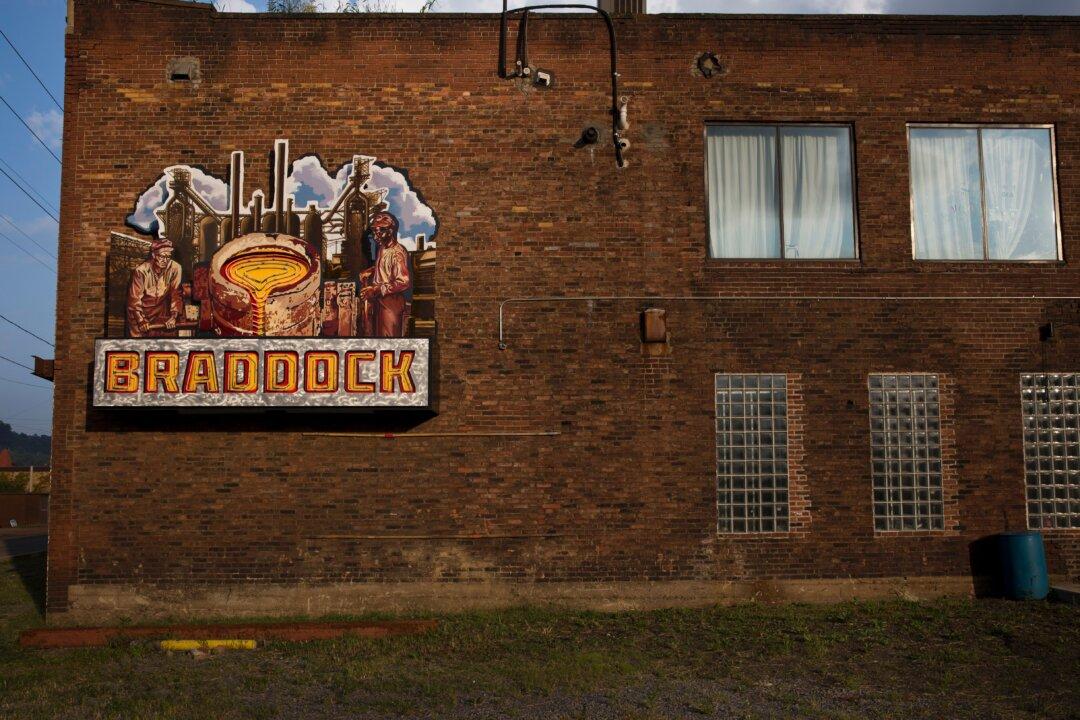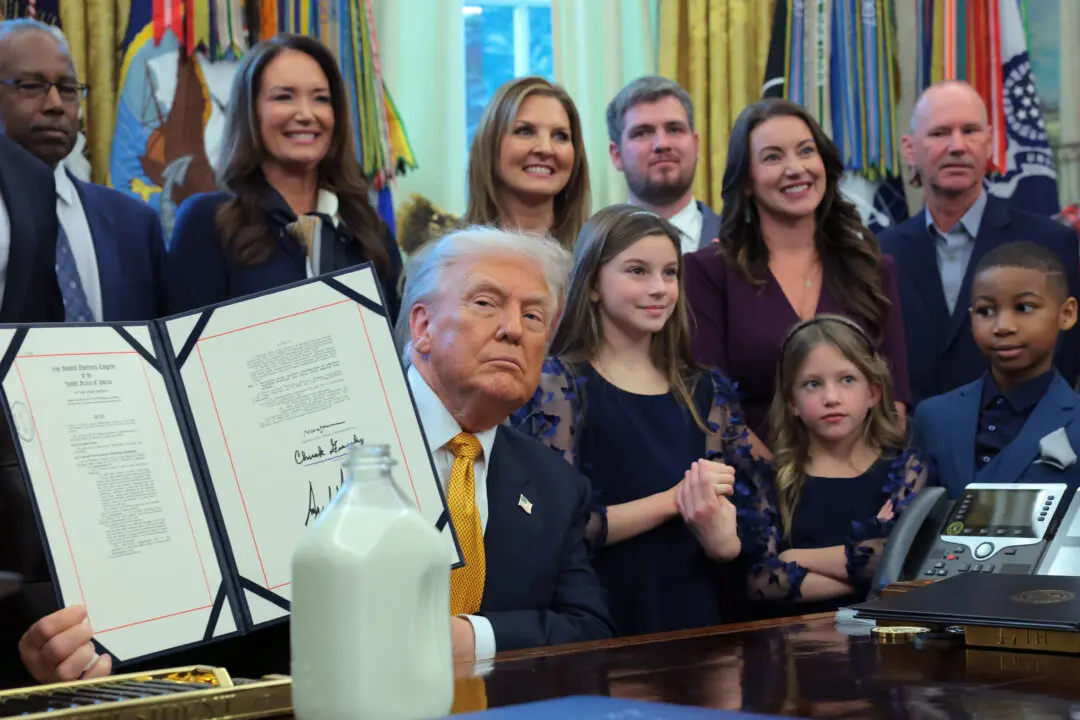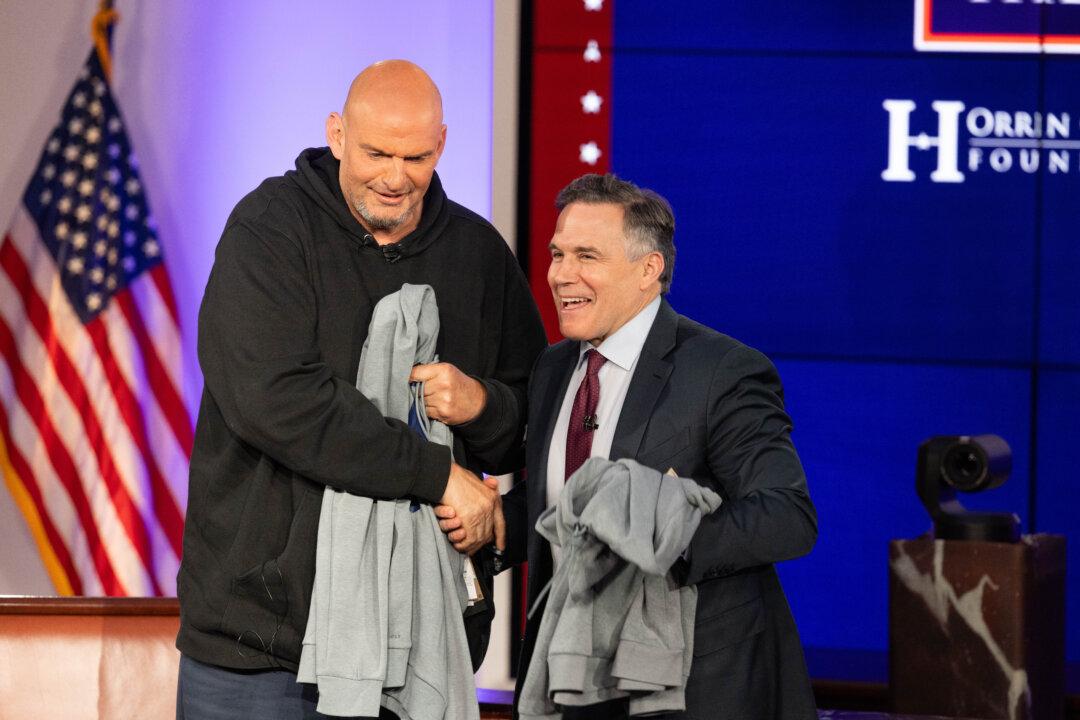Commentary
ERIE, Pa.—Every election cycle in America, plenty of people will decide, for one reason or another, not to show up to vote. Their reasons often vary. They may not like either candidate’s personality or may not feel either candidate represents their views—or they just don’t think the government will change, no matter who is in power.





